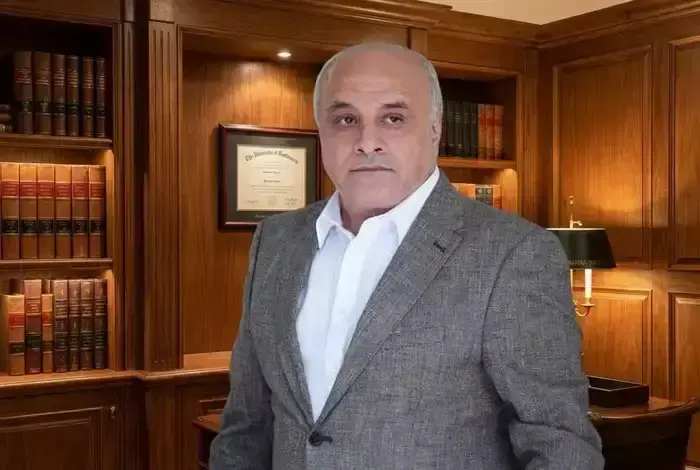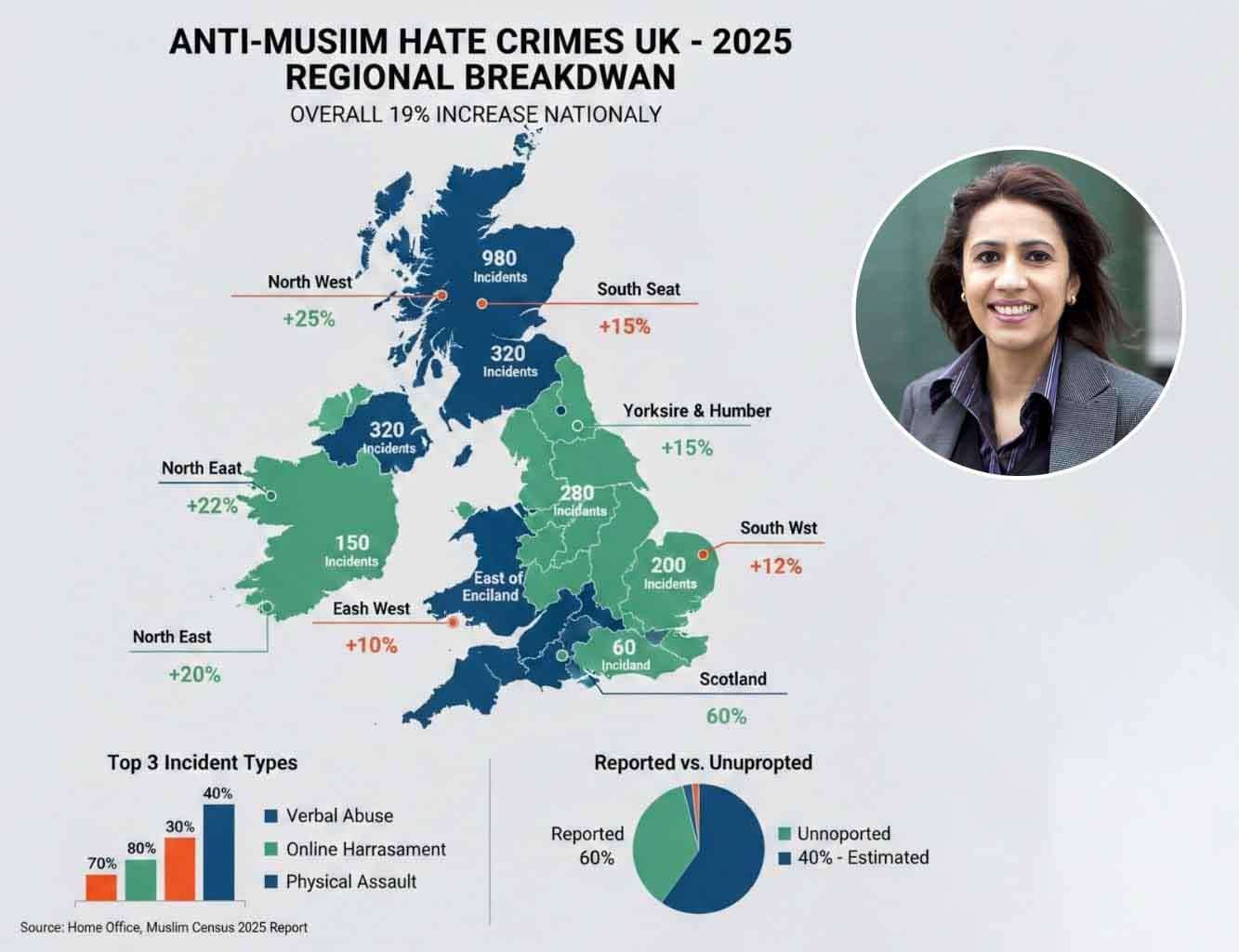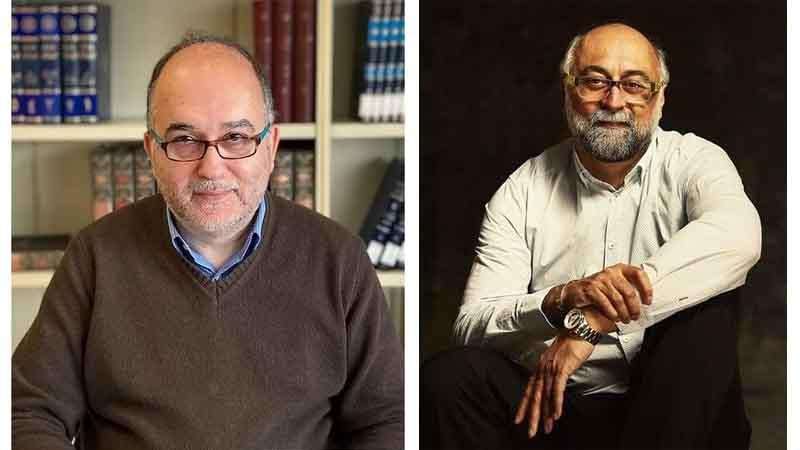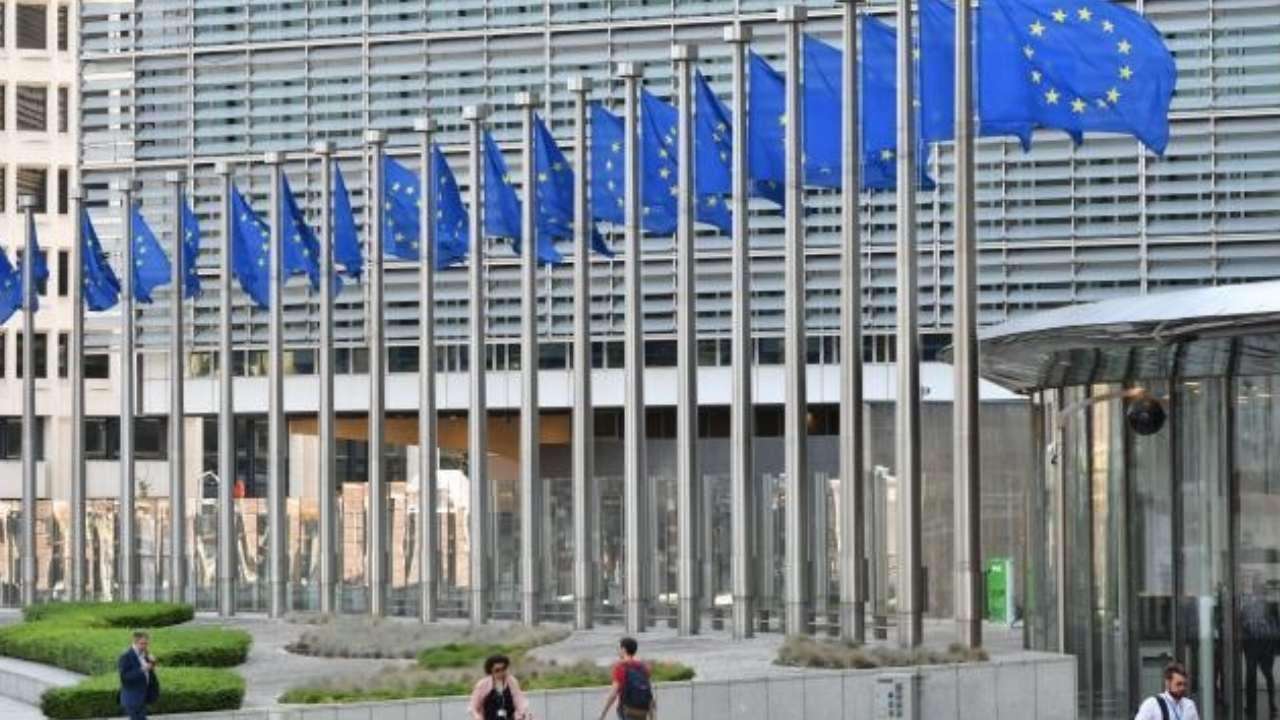The Berlaymont is closely monitoring a much-anticipated judgment from the EU Court of Justice concerning transparency surrounding the EU’s vaccine agreement with pharmaceutical giant Pfizer.
The term Pfizergate refers to the political scandal in Brussels involving European Commission President Ursula von der Leyen and Pfizer CEO Albert Bourla over the procurement of Covid-19 vaccines.
During the pandemic in 2021, the EU struck one of its largest vaccine deals, purchasing nearly two billion doses of Pfizer-BioNTech’s vaccine, in addition to the 600 million doses previously contracted.
This deal became the center of a political controversy at the Commission’s headquarters when the New York Times reported that von der Leyen had allegedly negotiated the deal directly with Pfizer’s CEO via text messages, potentially bypassing the official procurement procedures.
Multiple media outlets requested access to von der Leyen’s text messages, but her office refused to disclose them. This led to a complaint to the European Ombudsman, Emily O’Reilly, who also faced rejection in her attempts to access the communications.
The New York Times then took legal action against the European Commission, filing a case in 2023 in the EU’s highest court after its freedom of information request was denied.
A hearing was held last November, and the court is now considering whether these text messages should be classified as official documents accessible to the public.
With the European Commission’s transparency at stake and von der Leyen’s reputation hanging in the balance, the court’s ruling is expected early this morning.








.svg)

